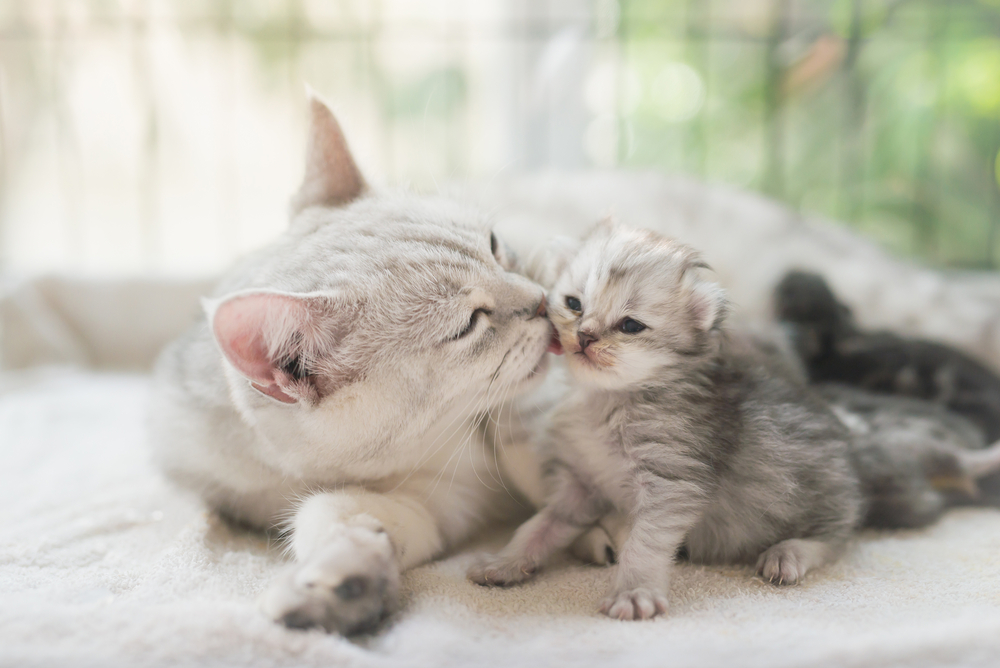The Lifespan of Cats

The great news is that the average lifespan of a cat has increased over the years. At one time, the family mouser lived in the barn or yard. They had to scruff around for their meals and avoid the usual scrapes that come with living outside. From encounters with wildlife to poisonous plants, they may have lived for 3 or 4 years if lucky. Now with advanced veterinary medicine, better nutrition and a safer lifestyle for our whiskered pals, the lifespan of a cat has increased considerably.
There are still many variables in determining how long a cat will live. This is why the team at Oakland Veterinary Referral Services wants to explain the lifespan of cats and what you can do to improve your cat’s health and well-being.
Average Cat Lifespan
The lifespan of a cat varies considerably based on a number of factors. If a cat is an outdoor only cat, their life expectancy isn’t very good. This is due to the fact that they are exposed to wildlife, dogs, cars, toxic chemicals, the elements, and so on. An indoor cat, though, can reasonably live to the ripe old age of 20 plus years.
In fact, it is not uncommon for cats to live into the early 20s, if they live indoors primarily and their health is maintained. The average cat lifespan for indoor cats is 13 to 17 years. The average lifespan of a cat living outdoors is less than 5 years. The average lifespan of an indoor/outdoor cat is somewhere in between that. That’s a big gap, right?
Factors that account for this wide lifespan range are as follows:
- Indoor only or allowed out
- External environment
- Congenital defects
- Breed
- Genetics
- Nutrition
- Exposure to toxins
- Veterinary care
- Underlying medical conditions
- Vaccinations
- Parasite protection
Your cat’s life expectancy depends strongly on lifestyle and preventative care. We cannot overstress the importance of living indoors paired with wellness visits and nutrition for giving your cat the best possible life.
Tips for Helping Your Cat Live a Long Life
If you want to increase your cat’s life expectancy, there are things you can do as a loving cat owner.
- Keep your cat’s annual wellness checkup. Your veterinarian can detect possible issues early and treat them before they become more serious.
- Keep them on a healthy, balanced diet at the right portion for their size.
- Avoid too many treats and people food, as these can pack on unnecessary pounds and lead to pancreatitis and other health problems. A good weight is a must for cats to have a good chance at growing old gracefully.
- Exercise and enrichment play a role in overall health and general well-being.
- Spay or neuter your cat, as this can extend their life and control the homeless pet population.
- Take care of your pet’s teeth. Ideally, brush your cat’s teeth and follow up with any dental cleanings needed. Good dental care reduces inflammation in the body and can extend your cat’s life.
- Remove all toxic plants and products from the home and yard, or store them in areas that are off limits to your cat.
- Keep your cat indoors. If you take them out to the yard, use a catio or harness and leash.
Since we are also cat owners, we can attest to the desire to want our sweet friends to live forever. Since they cannot, it’s encouraging to know our cats can live a very long and happy life through the use of excellent care and veterinary medicine.
For more information on the lifespan of cats, or to schedule an appointment, please contact us.


